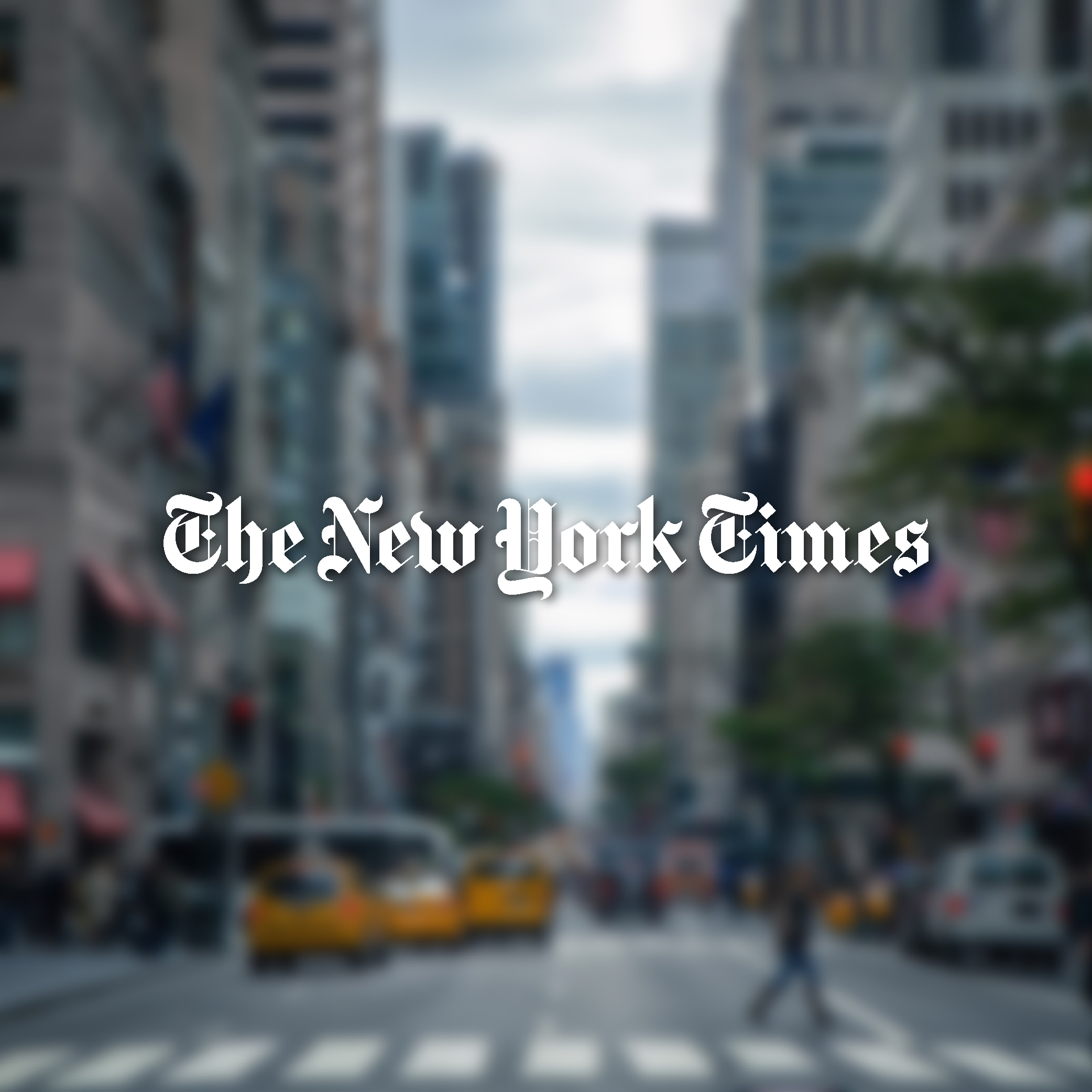Now that there is evidence of community transmission in Colorado, public health officials will have to consider the risks of public exposure when making decisions on how to act, said May Chu, a clinical professor in the Department of Epidemiology at the Colorado School of Public Health. “When community transmission is of greater numbers this becomes more risky. The most vulnerable must be informed and social distanced. Those who are mildly ill (and ill) should avoid contact with the most vulnerable.”
CU Anschutz
Fitzsimons Building
13001 East 17th Place
Aurora, CO 80045






